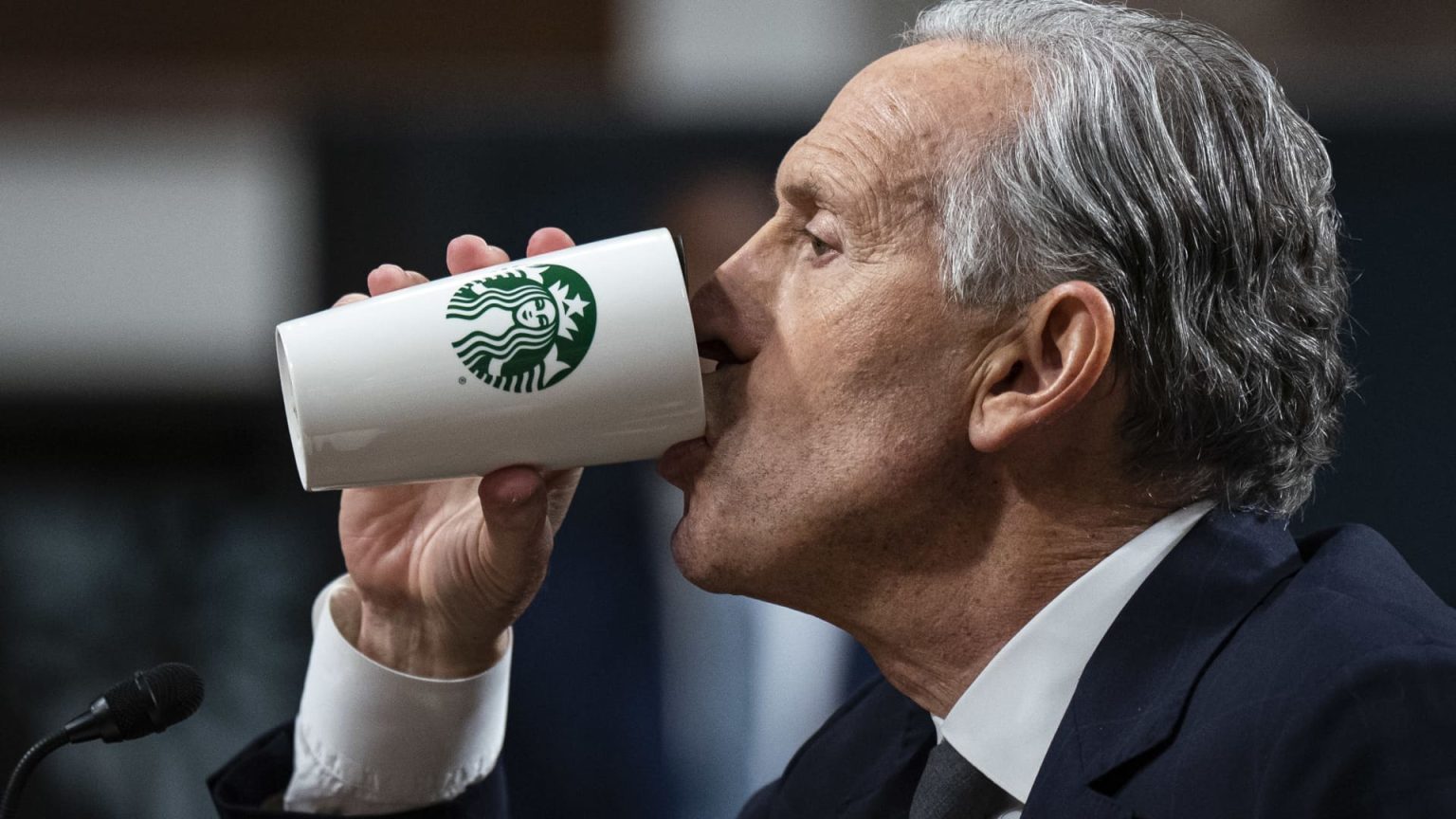These interviews are mainly informative and focused on understanding the reasons behind the company’s success. For example, in a recent interview with Albert Manifold, CEO of CRH, a construction company, it was revealed that CRH’s turnkey approach and ability to offer services at a lower cost than competitors contributed to its success. As a generalist analyst, the interviewer spends hours researching the company and developing questions to gain a better understanding of its potential for future success.
In another interview with the CEO of Recursion Pharmaceuticals, a company focused on discovering new drugs for hard-to-solve illnesses using generative AI, the interviewer learned about the company’s potential as a long-term investment. Despite the high risk of failure, the company’s backing by Nvidia’s CEO and innovative approach could lead to significant success in the future. However, the interviewer noted some reservations related to the company’s largest shareholder, ARK Invest, known for its doctrinaire style of investment.
The current focus in the industry is on determining if the strong U.S. consumer is showing signs of weakness amidst rising inflation concerns. CEOs of companies in the restaurant industry are being interviewed to understand how they are responding to consumer demands for value in light of inflationary worries. Companies like Chili’s, Texas Roadhouse, and Domino’s Pizza, offering value-driven menu items, have seen their stocks perform well. However, premiumization strategies, as seen in companies like Darden and Diageo, have not been as successful due to consumer preference for affordable options.
In his analysis of various restaurant chains’ stock performance, the interviewer observed that companies offering value to consumers are the ones succeeding, while those failing to address consumer demands are facing challenges. For instance, McDonald’s saw a boost in stock price after considering offering a $5 value meal to cater to budget-conscious consumers. On the other hand, Starbucks, which has faced issues with complex offerings and high prices, reported disappointing sales, highlighting the importance of understanding consumer preferences in driving stock performance.
Despite facing criticism and protests related to certain social issues, Starbucks’ failure to adjust its offerings to suit consumer demands for value has led to poor stock performance. The interviewer emphasized the need for the company to offer cheaper options to attract customers and improve stock performance. The success of McDonald’s in responding to consumer demands for value serves as a lesson for Starbucks to consider adopting similar strategies to regain investor confidence and drive stock growth.
Overall, the key takeaway from the interviews and analysis conducted by the interviewer is the importance of understanding consumer preferences in driving stock performance. Companies that offer value to customers are more likely to succeed in the current economic climate marked by rising inflation concerns. By adapting their offerings to meet consumer demands for affordability and value, companies can improve stock performance and attract investors looking for sustainable long-term growth opportunities.


